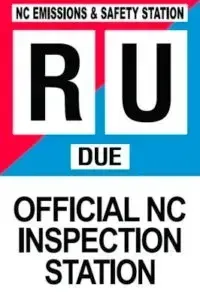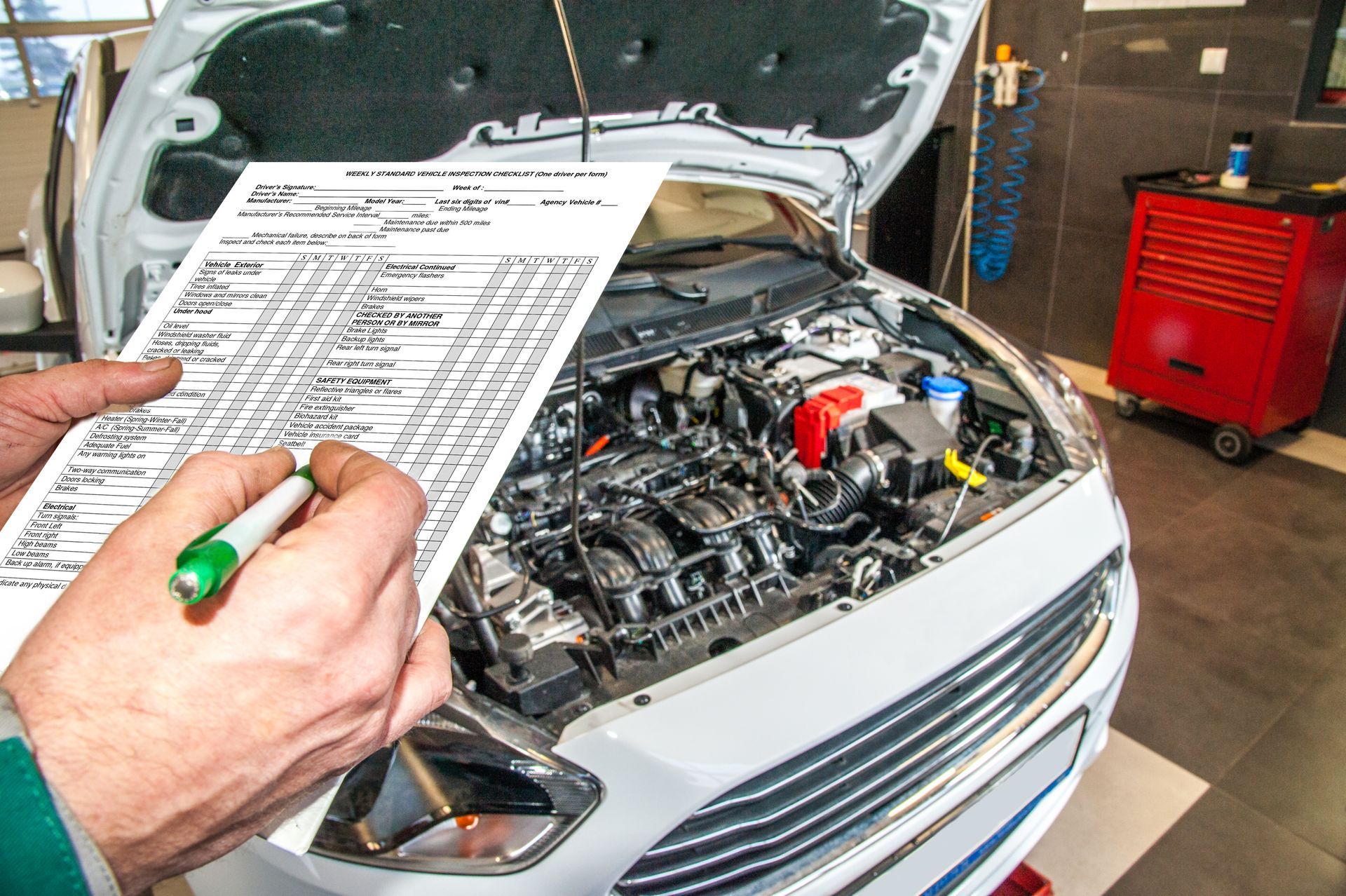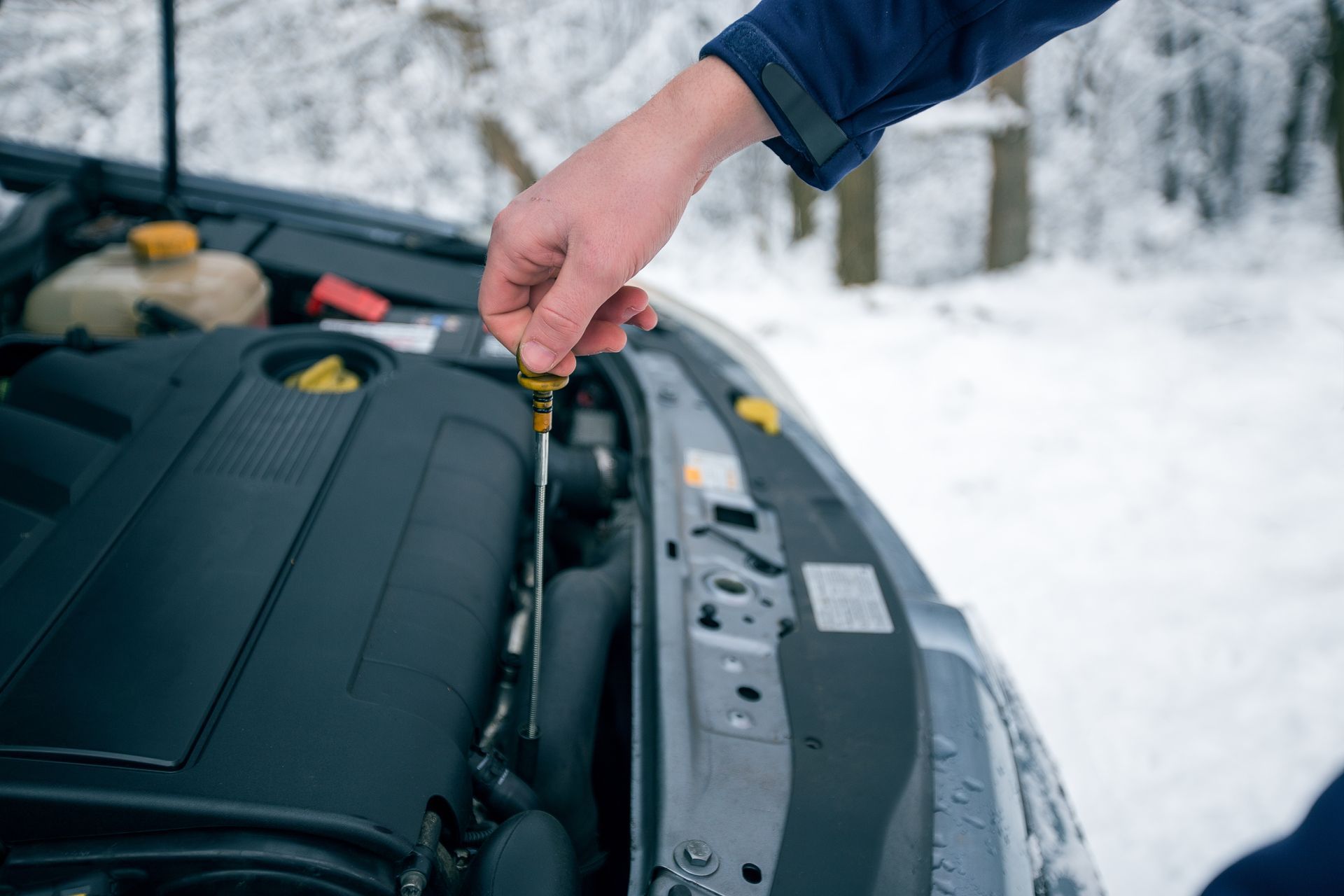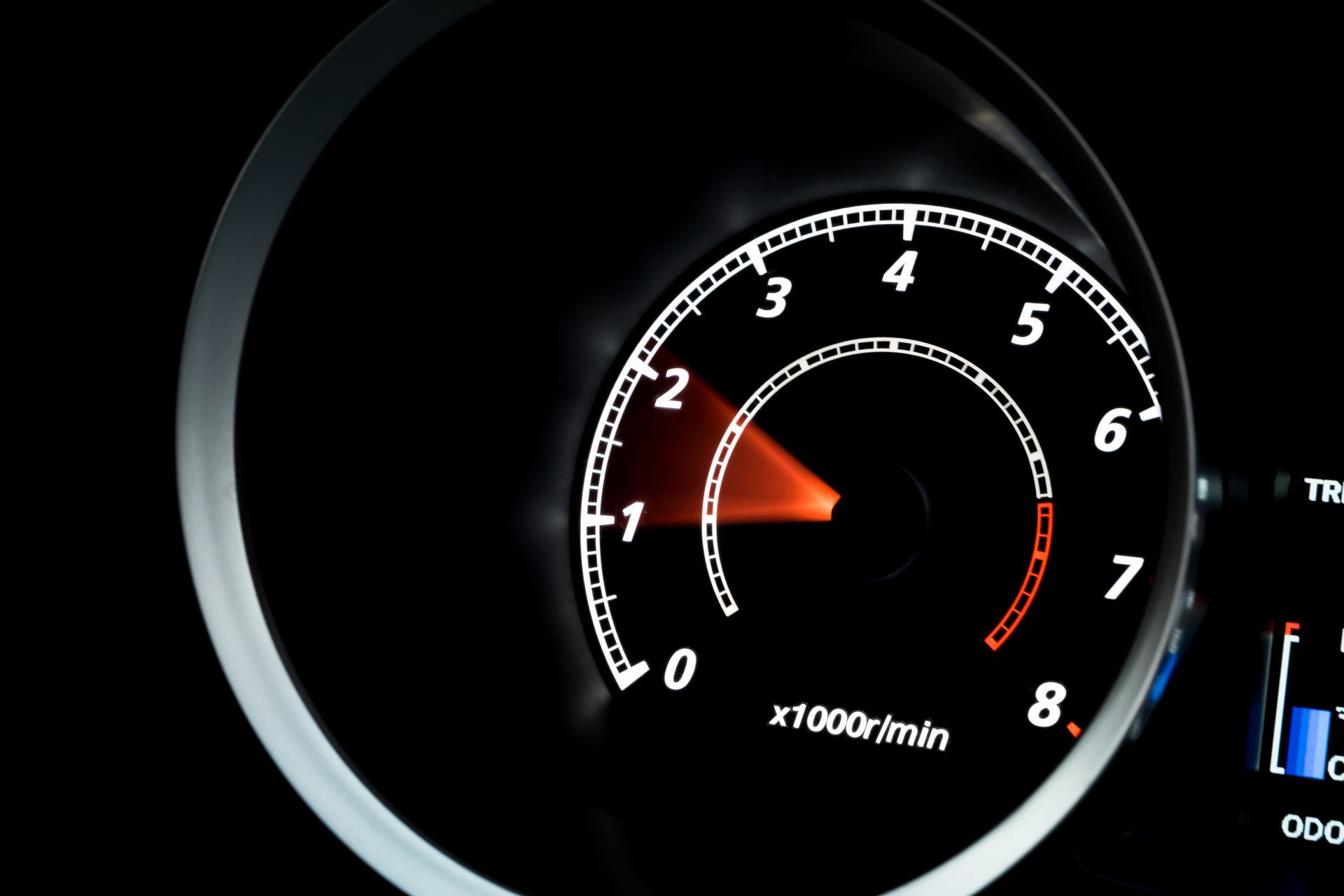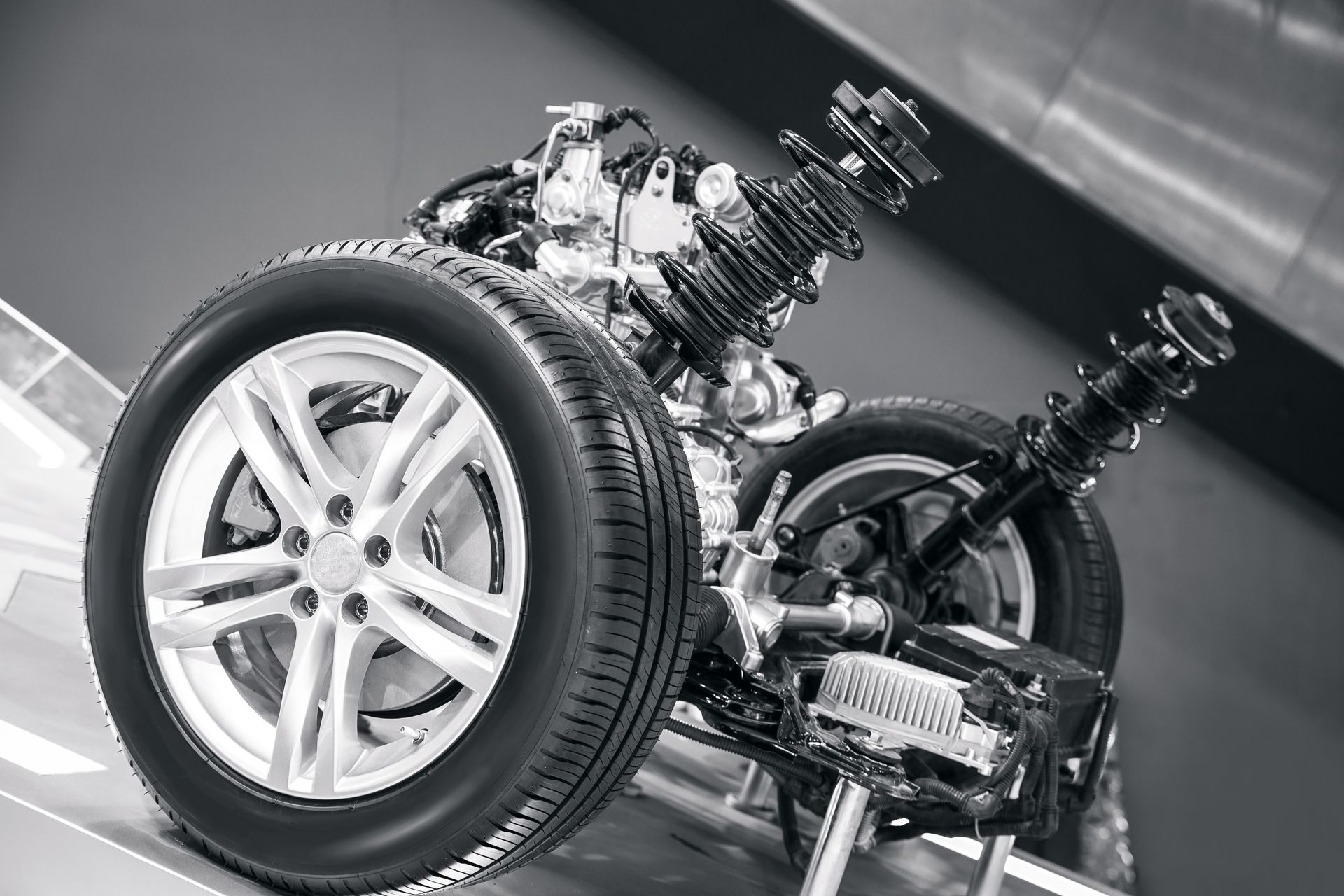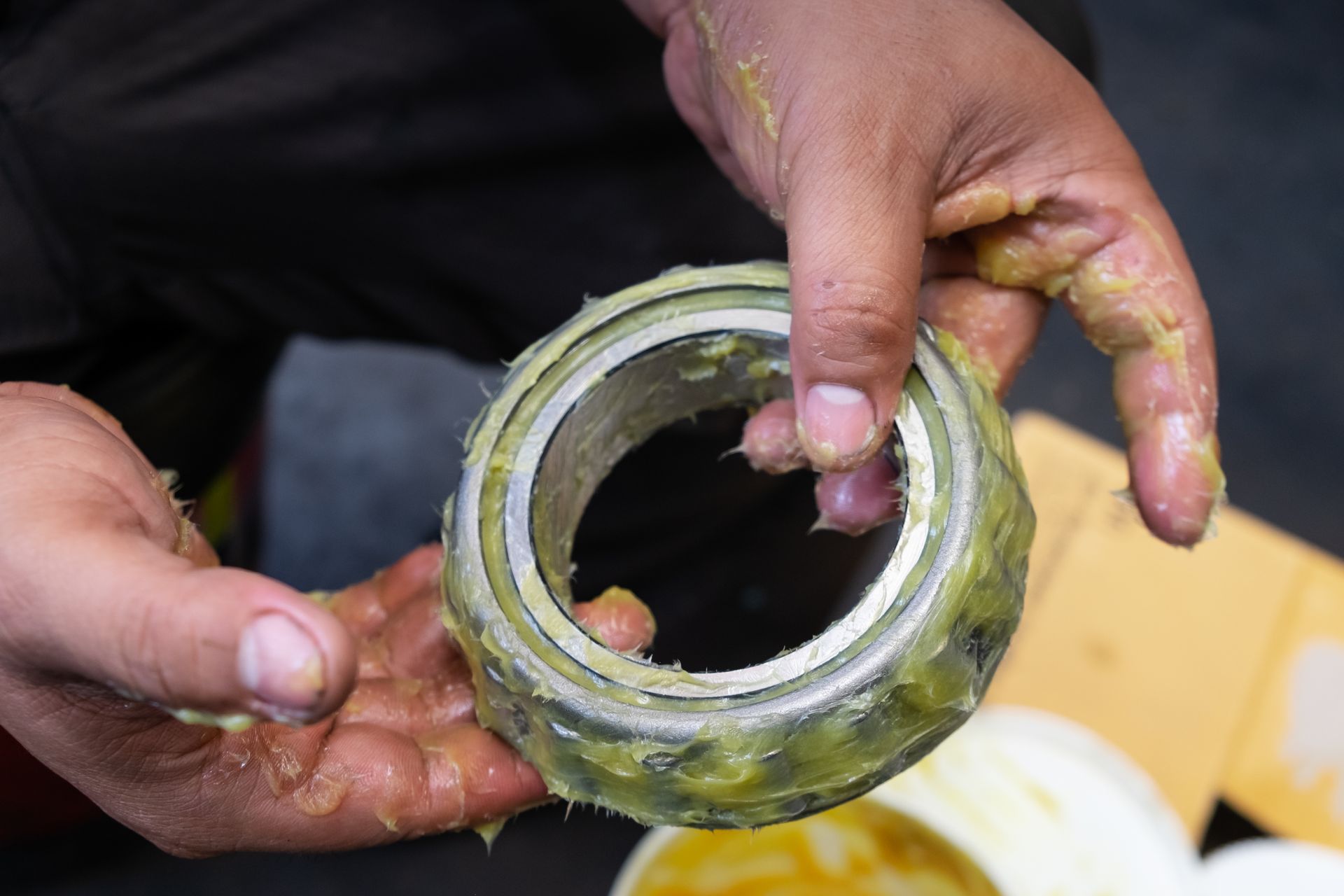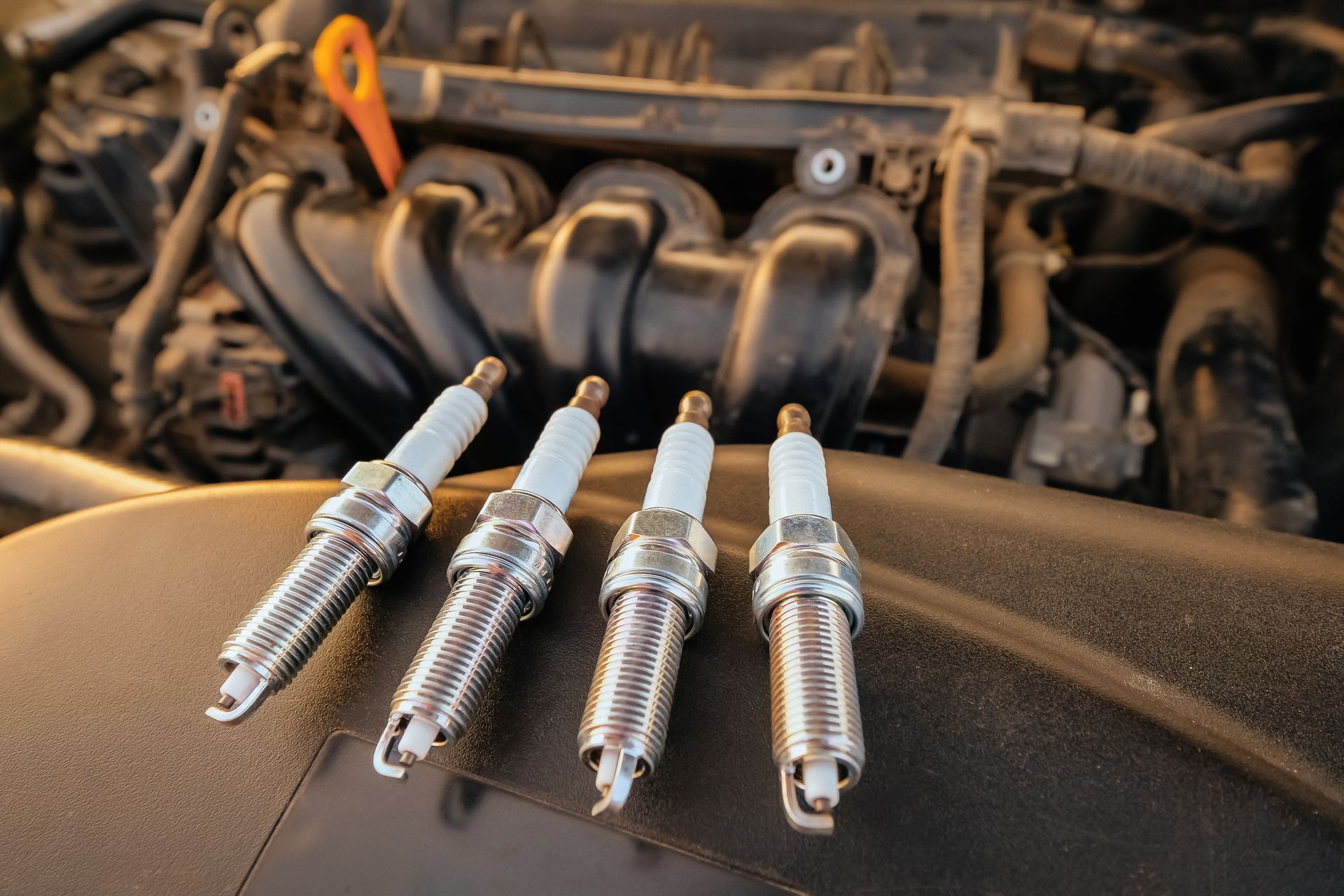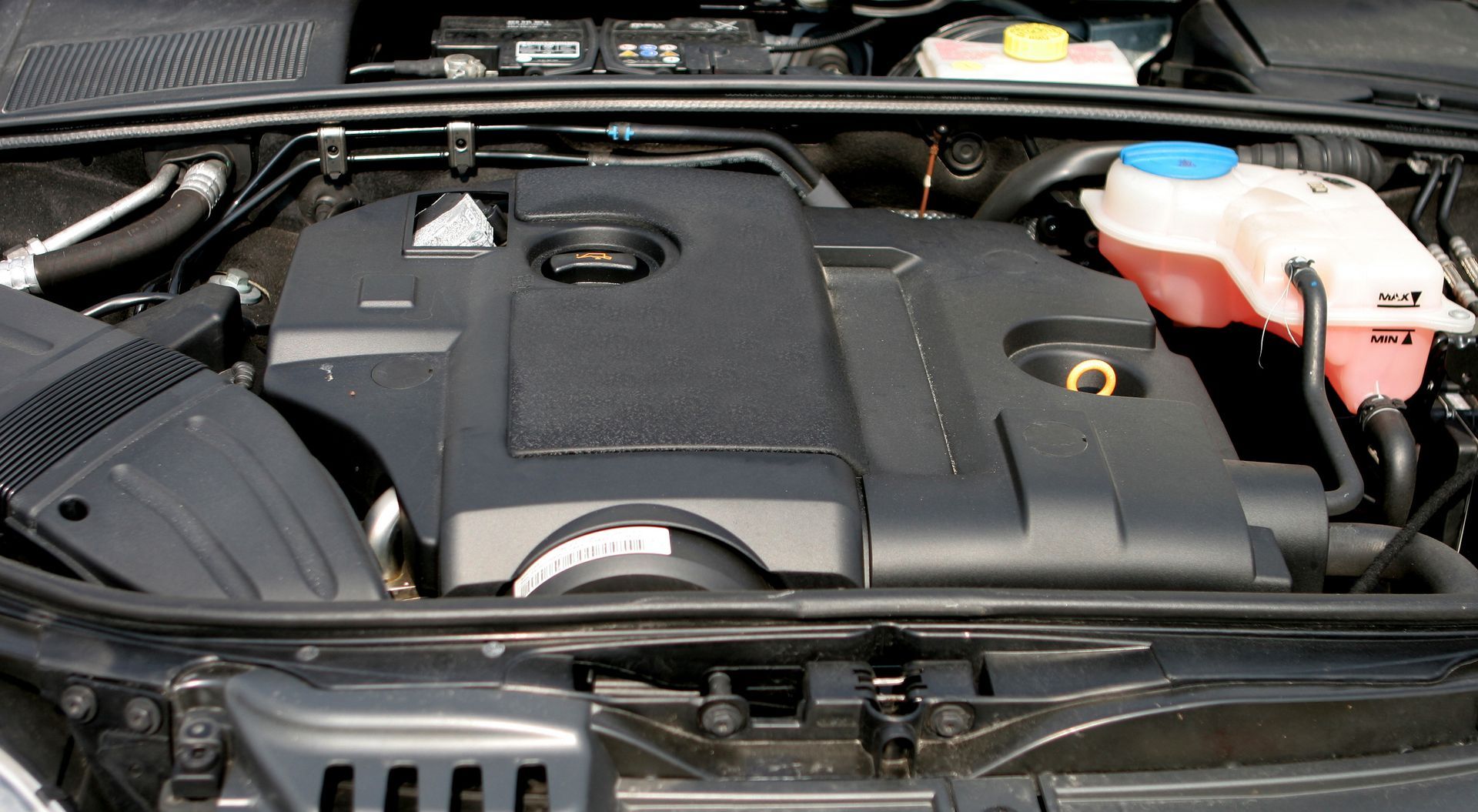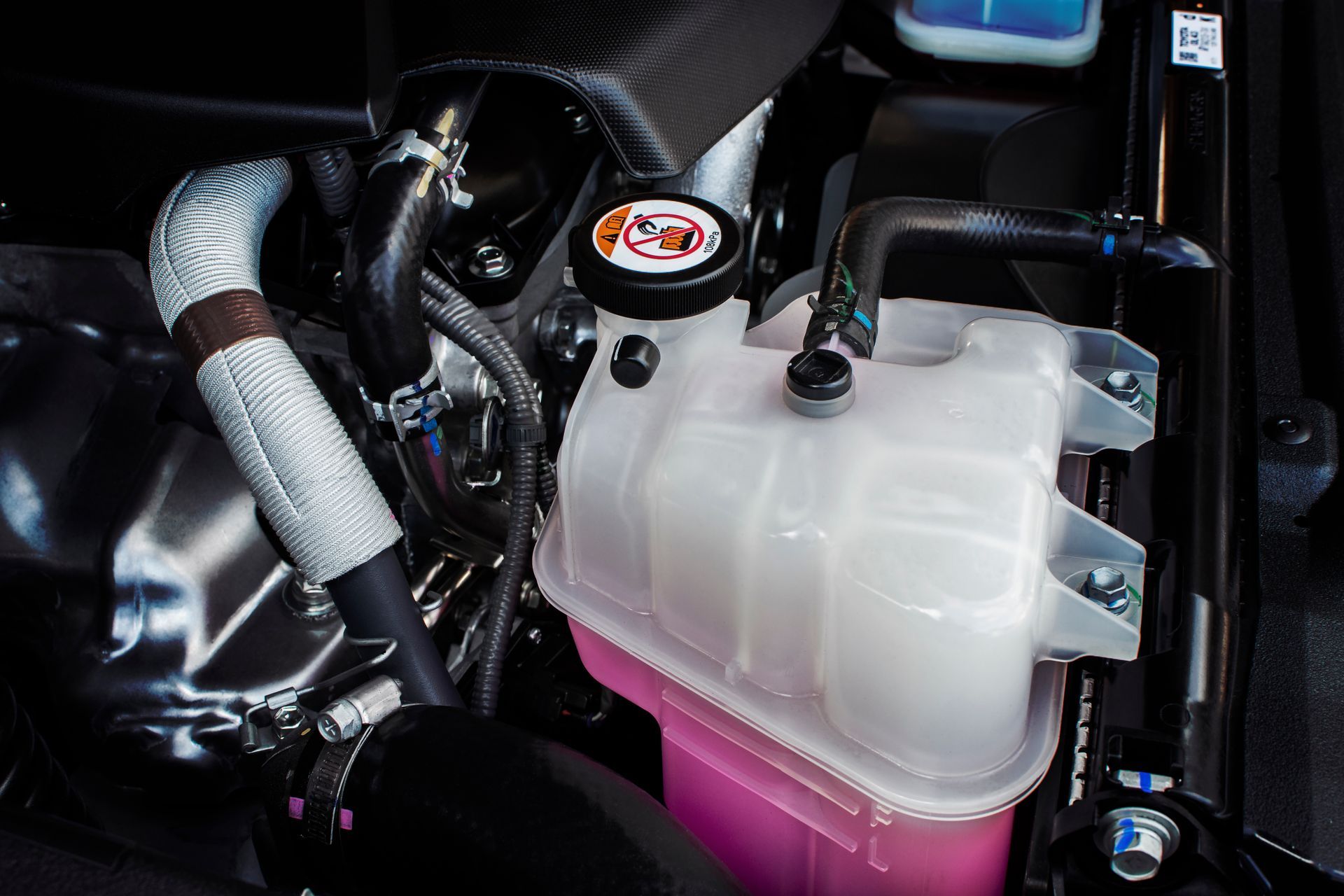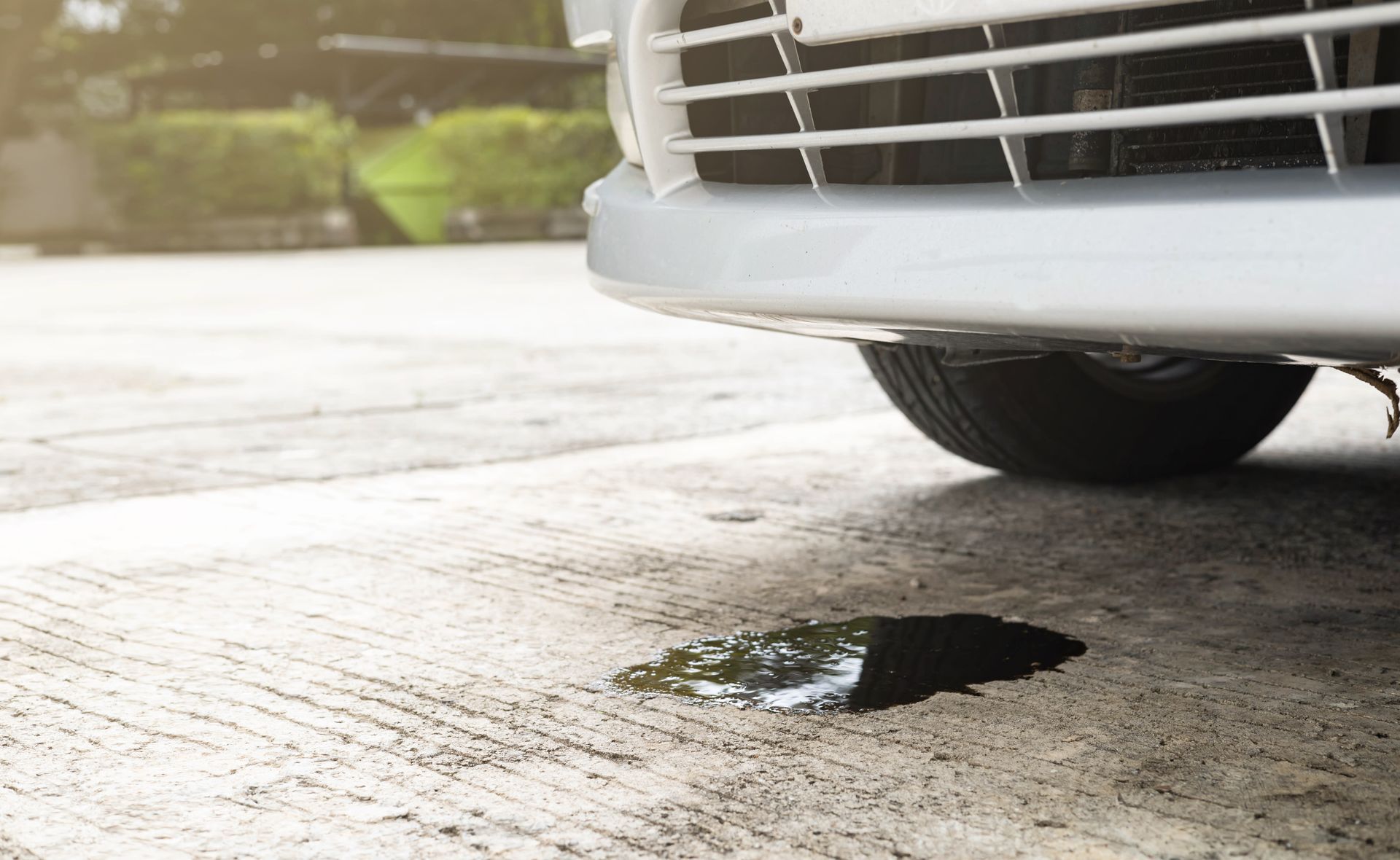August 29, 2025
There is nothing like hitting the open road for a long trip, but before you set out, it is important to make sure your vehicle is ready for the journey. A road trip can mean hours of driving at highway speeds, often far from repair shops. The last thing you want is a breakdown that could have been prevented with a little preparation. Knowing whether your car is ready for a road trip comes down to inspecting a few key systems and looking for early signs of trouble. Start With Routine Maintenance If you are due for an oil change or other basic maintenance, take care of it before your trip. Fresh oil helps your engine run cooler and more efficiently, which is especially important when driving long distances. Check your owner’s manual to see if other services, such as replacing the air filter or rotating the tires, are due soon. Doing them before your trip can save you from having to deal with them while you are away from home. Check the Cooling System Long highway drives can put extra stress on your cooling system , especially in warm weather. Make sure your coolant level is correct and that the fluid looks clean. Coolant that is rusty or cloudy should be flushed and replaced. Inspect hoses for cracks, bulges, or leaks, and check that the radiator cap is in good condition. A weak cooling system can quickly lead to overheating, which can ruin your trip and your engine. Inspect Your Tires Your tires are your only contact with the road, so they must be in good shape before a trip. Check for adequate tread depth and look for any signs of uneven wear, bulges, or embedded objects. Uneven wear can signal alignment or suspension problems that should be fixed before you leave. Proper tire pressure is equally important. Underinflated tires can overheat and wear out quickly, while overinflated tires can reduce traction and make the ride less comfortable. Be sure to check your spare tire too—it will not help you if it is flat when you need it. Test the Brakes Your brakes should be responsive and quiet. If you hear squealing, grinding, or feel vibrations when braking, have them inspected right away. Even if you have not noticed problems, it is a good idea to have the brake pads and rotors checked before a long drive. Also, check your brake fluid level and condition. Low or dirty fluid can affect braking performance. If your brake fluid is dark or has not been changed in several years, replacing it before your trip can improve safety. Evaluate the Battery and Electrical System A weak battery can turn a fun trip into a frustrating delay. Have your battery tested to make sure it is holding a strong charge, especially if it is more than three years old. Corroded battery terminals should be cleaned to ensure a solid connection. Verify that all lights, including headlights, brake lights, turn signals, and interior lights, are functioning properly. Good visibility is essential for safe driving day and night. Look Over Belts and Wipers Inspect your engine belts for cracks, fraying, or signs of excessive wear . A broken belt can disable your vehicle and may be difficult to replace on the road. Make sure your windshield wipers are in good condition and that your washer fluid is topped up. Clear visibility is critical when driving in changing weather conditions. Pack an Emergency Kit Even a well-prepared vehicle can encounter unexpected problems. Packing a simple emergency kit can make a big difference if something happens far from help. Include jumper cables, a flashlight, a tire repair kit or inflator, basic tools, bottled water, and snacks. It is also a good idea to bring a phone charger that works in your car and a paper map in case you lose cell service. Take a Short Test Drive Before the Trip Before your road trip, take your car for a local drive at both city and highway speeds. Listen for unusual noises, check for vibrations, and pay attention to how it accelerates and brakes. A brief test drive can reveal issues that may not be apparent during everyday commuting. If you notice anything unusual, have it checked before your trip begins. Road Trip Readiness at Gibbon Tire and Auto in Charlotte, NC If you want complete peace of mind before your next road trip, bring your vehicle to Gibbon Tire and Auto in Charlotte, NC. Our team will perform a thorough pre-trip inspection, checking all major systems to make sure your car is safe, reliable, and ready for the miles ahead. We will help you prevent problems before they start so you can enjoy your journey with confidence.
